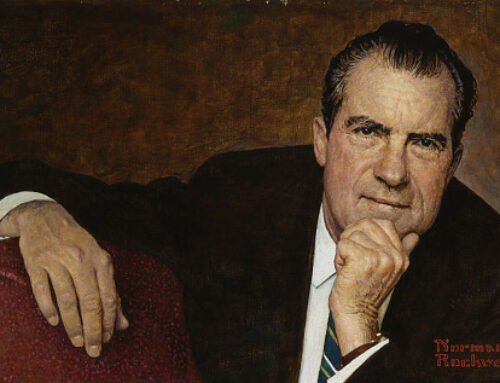There are good books when it comes to investing. Why even books? Management discussions and analysis part of Berkshire Hathaway – also known as Warren Buffett Letters- are also great for investing books. Security analysis, Intelligent investors, are two masterpieces. Common stocks and uncommon profits, written by Philip Fisher, is also one great book. His Son, Kenneth Fisher, is also a great writer on different media.
But there is a place for peter lynch when it comes to investing.
Peter Lynch is an American investor, mutual fund manager, and philanthropist. As the manager of the Magellan Fund at Fidelity Investments between 1977 and 1990, Lynch averaged a 29.2% annual return, consistently doubling the S&P 500 market index and making it the best-performing mutual fund in the world.
How I came to know about him is an exciting story. I was in college, and during that time, I read a Facebook post by Chandrashekhar Tilak about Five big investors. One was Peter Lynch. Then I decided to read about him and learned about this book.
First of all, I need to accept that I am a student of BBA, so I have some knowledge about how the economy works, which helped me a lot. But still, Peter Lynch taught me what Is vital in the market: “Basic story remains same. Stocks are not lottery tickets. There is the company attached to it.”
After reading this book, I started investing. My broker tried to Make me Trade in Future and Options, but I always remembered that “F&O is a zero-sum game.”
But the Large and big reason why I will always Love The book is the reason. He wrote in the book about the Edge of an amateur investor like me over a fund manager. In his own words, “Even if a fund manager found one outstanding stock, the possibility that he will buy is very low. However, there are no such restrictions for individual investors.
More important is what he mentioned about sectors. Once, he said how he failed to invest in mutual funds companies and was running behind oil and pharma companies.
After reading his other books, I understood that sometimes you might buy stock for some other reason, and it may run for some other reason, like what happened with Eicher. There was a time when the cash per share was higher than the stock price, but then the company went ahead with Volvo and the big day came as the bullet ( Royle Enfield ) was successful.
One another thing that I understood from his book is that there is no bad in ignoring FAD or HYPE. Likewise, there is no bad in missing sugar, metal, Airlines, etc.
This book also focuses on the idea that observations in your day-to-day life can help you identify individual stocks that you can make a killing on. Lynch makes the astute point that if you buy six stocks, five of them go to zero, and one is a ten-bagger, your rate of return is still 66% – an utter killing. Lynch’s argument for individual stock investing is that you can occasionally hit a grand slam and make up big time for a few strikeouts.
One other most important thing that lynch teaches us is that ignore analysts and exports. Most of them know nothing. Yes, it is correct. For example, no one was aware of Demonetisation (the Indian government’s decision to stop using 500 and 1000 currency notes) even until 2 hours before.
Most importantly, Lynch offers three questions you need to answer before you seriously invest in individual stocks.
1. Do I own a house? If you don’t, buy a house first. It provides you with a stable and permanent place to hang your hat. Some might argue with this advice, but with a home’s permanence and investment qualities, the direction makes a lot of sense. Of course, that doesn’t mean fully owning a house, but just being in one and having a stable, non-adjustable mortgage building equity.
2. Do I need the money? Don’t invest with money that will leave you feeling sick if you lose it. Instead, use the extra money, money that won’t devastate you with each loss. You need to be able to stomach significant losses with the money without breaking a sweat if you’re going to swing for the fences.
3. Do I have the personal qualities it takes to succeed? Lynch lists patience, self-reliance, common sense, a tolerance for pain, open-mindedness, detachment, persistence, humility, flexibility, a willingness to do independent research, an equal willingness to admit mistakes, and the ability to ignore general panic. Notice that among these traits, a high level of intelligence is not found – you don’t have to be a genius to succeed at investing.
Why do I praise Peter Lynch so much? the reason is this :
Lynch goes on for a hundred pages on the research one should do before investing. Learn everything you can about the company – their balance sheet, management team, comparison to similar companies, and so on. Here are five big positive signs to look for, those that scratch the surface:
– A low price-to-earnings ratio, especially as compared to similar companies
– A low percentage of institutional investors
– Insiders buying the company’s stock
– The company is buying back its stock
– A low debt-to-equity ratio, especially as compared to similar companies
The last thing I learned is before investing, make a story of the company in your mind. does that sound good? If yes, then go ahead. A simple example is TCS, JSW steel; all is good. But Rcomm?





